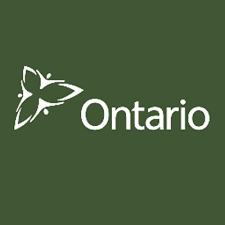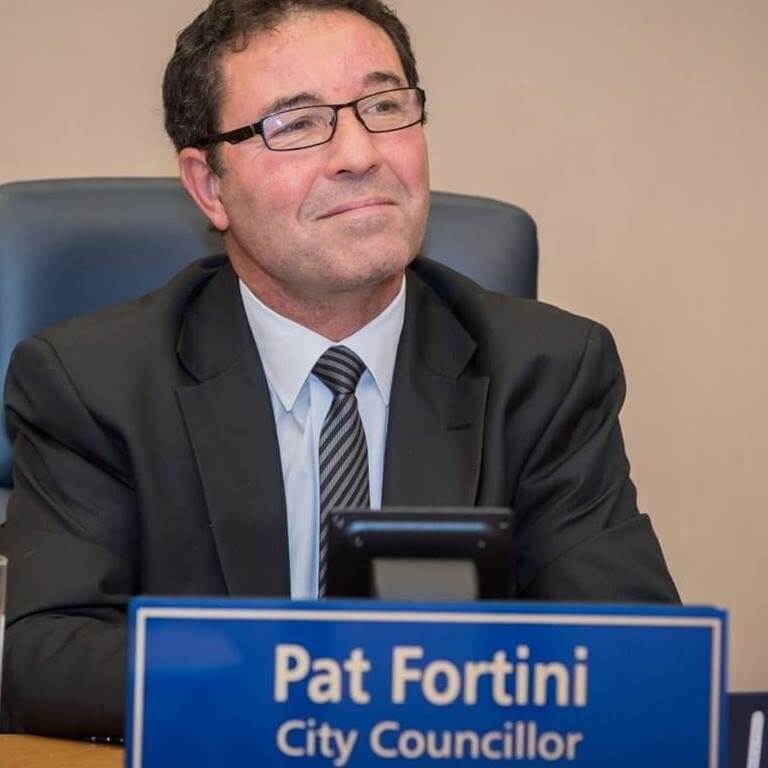
Enhancing the vitality of Francophone communities by welcoming French-speaking international students and immigrants
The Voice of Canada:
Francophone immigration plays a crucial role in strengthening our national identity. This is why Canada is redoubling its efforts to welcome French-speaking newcomers who will enrich the linguistic, social, cultural and economic fabric of Francophone minority communities (FMCs).

Marc Miller, Minister of Immigration, Refugees and Citizenship, announced that the new Francophone Minority Communities Student Pilot (FMCSP) program will be launched on August 26, 2024, in partnership with designated French-language and bilingual post-secondary learning institutions (DLIs). Minister Miller also announced the addition of 10 communities to the Welcoming Francophone Communities (WFC) initiative. The Minister made these announcements on the occasion of the Acadian World Congress, in Nova Scotia.
Students in the Francophone Minority Communities Pilot program
Canada recognizes that large pools of French-speaking international students exist in Africa, the Middle East and the Americas, and that the study permit approval rate in these regions has been low in the past. Thanks to the new pilot program, we will make access to Canada’s International Student Program fairer for a wide range of international students.

The pilot program is a flagship measure of the Policy on Francophone Immigration announced earlier this year and will benefit FMCs by helping them attract and retain international students. To improve the approval rate, students and their families will be exempted from having to demonstrate that they will leave Canada at the end of their temporary stay. In addition, the required financial threshold will be adjusted to reflect 75% of the low-income cut-off associated with the municipality where the institution’s main campus is located.
Pilot program participants will also benefit from a direct pathway from temporary to permanent status after obtaining their diploma, and they will have access to settlement services while they’re studying to help them integrate successfully into their communities. With their proficiency in French and their Canadian education, graduates will be able to contribute to the Canadian labour market and enrich FMCs across the country.
Although an annual cap for most study permit applications was established on January 22, 2024, the FMCSP is not included in the overall cap. Each participating DLI will be allocated a limited number of acceptance letters that can be issued for the purpose of processing study permits under the pilot program.

The maximum number of study permit applications that Immigration, Refugees and Citizenship Canada (IRCC) will accept under the pilot program is 2,300 for the first year. A cap for the second year of the pilot program will be set by August 2025.
Ten additional Welcoming Francophone Communities
On January 16, 2024, IRCC announced a series of ambitious and historic measures to encourage francophone immigration to FMCs. Among these measures is the renewal and expansion of the WFC Initiative.
The new WFCs were selected after a community consensus-building process under the leadership of the Francophone Immigration Networks and the Association francophone des municipalités du Nouveau-Brunswick, supported by the Fédération des communautés francophones et acadienne du Canada.
The selection of each community was based on its potential to become a more welcoming and inclusive Francophone community. In other words, it has a French-speaking population and creates an environment where French-speaking newcomers to Canada feel that their identity is valued, and where they feel integrated into the host community.
With these new communities, a total of 24 WFCs across Canada will be well equipped to extend a helpful and warm welcome to French-speaking newcomers and to support their integration process in their new living environment.
By welcoming students from a diversified group of countries and accentuating cooperation with community partners to provide good service to Francophone immigrants outside Quebec, we are taking one more step toward the achievement of ambitious objectives in Francophone immigration for the years ahead.
The new communities are as follows:
| Provinces | New communities selected |
|---|---|
| British Columbia | Nanaimo |
| Manitoba | Red River (Ritchot, Salaberry, Montcalm and St-Pierre-Jolys) |
| Nova Scotia | Chéticamp (including St. Joseph du Moine) |
| New Brunswick | Belle-Baie (including Bathurst and the Pabineau First Nation) |
| Caraquet (including Rivière du Nord and Hautes-Terres) | |
| Restigouche West Region (Saint-Quentin and Kedgwick) | |
| Saskatchewan | Prince Albert |
| Ontario | Cornwall |
| Cochrane District (Route 11 Corridor) | |
| London |
Quotes
“Promoting French is of prime importance to us. By welcoming Francophone immigrants and supporting them in their integration process, we contribute to the revitalization of these communities, while meeting their skilled workforce needs. We are all the more determined to help more Francophone international students come to Canada and build a future in our dynamic Francophone communities, while contributing to the development of the French-speaking world.”-The Honourable Marc Miller, Minister of Immigration, Refugees and Citizenship
“Supporting the vitality of our Francophone communities in Canada also means welcoming French-speaking international students and immigrants. This is exactly what this pilot program does. It adds to the progress we’re making under the Action Plan for Official Languages 2023–2028 to strengthen Francophone immigration and integration in French-speaking minority communities.”-The Honourable Randy Boissonnault, Minister of Employment, Workforce Development and Official Languages
“The WFC initiative is an eloquent example of the commitment of Francophone and Acadian communities to the overall success of immigrants. Over the past 5 years, numerous leaders and volunteers have mobilized locally to create new services for French-speaking immigrants. They have set up activities to promote living together and inclusion, and have strengthened the attractiveness of our communities with the aim of increasing Francophone immigration. The FCFA is proud to have coordinated the deployment of this initiative at the national level, facilitating dialogue between communities and the sharing of promising practices. We look forward to extending this support to the 10 new communities announced today.”– Liane Roy, president of the Fédération des communautés francophones et acadienne du Canada (FCFA)
Quick facts
- The participants in the FMCSP program are not bound to provide a provincial attestation letter or territorial attestation letter with their study permit application. They will have to present a letter of acceptance from a participating post-secondary DLI that confirms they may participate in the pilot program. A maximum of 2,300 applications will be accepted for processing in the first year of the pilot program.
- The spouses or common-law partners of the principal applicants may also come to Canada under the pilot program and eventually apply for permanent residence.
- The FMCSP page will reflect agreements with participating learning institutions, which will be added as they become available.
- Regarding the WFC initiative, the 10 new communities are Nanaimo (British Columbia), Red River (Manitoba), Chéticamp (Nova Scotia), Belle-Baie, Caraquet and Restigouche West Region (New Brunswick), Prince Albert (Saskatchewan) and Cornwall, as well as Cochrane District (Highway 11 corridor) and London (Ontario).
- Through the Action Plan for Official Languages 2023-2028: Protection-Promotion-Collaboration, the Government of Canada is investing $50 million to support the success of the Francophone Integration Pathway, which includes $11 million over four years for expansion of the WFC initiative. Other initiatives seeking to facilitate integration of Francophone immigrants, such as expansion of the French- and English-language training offering, are among the measures of the action plan dedicated to Francophone immigration.



